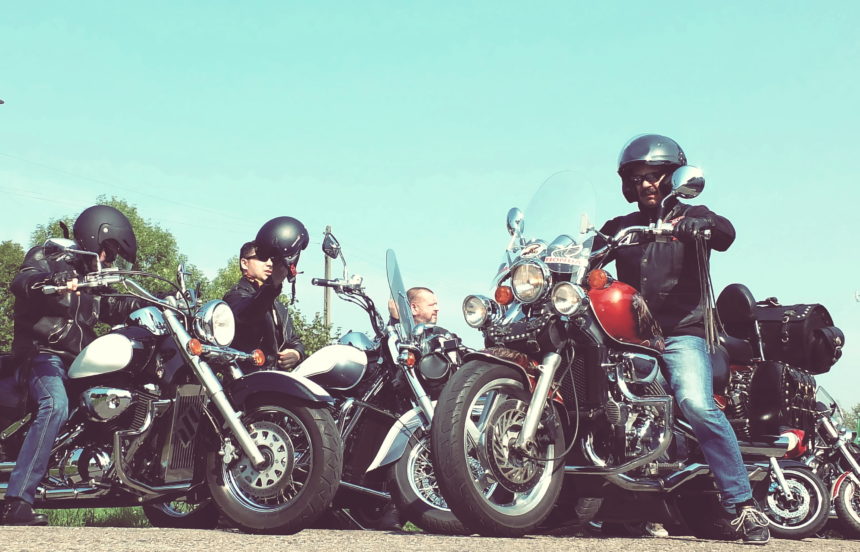OMCG membership increases criminal involvement, but steering role of clubs is limited

Since 2012, an integrated, multi-year approach exists in the Netherlands to prevent "norm violating behavior and undermining crime" among OMCG members [TK 2011-2012, 29 911, no. 59; TK 2011-2012, 29 911, no. 71]. According to the minister, this is not only about involvement in serious and organized crime, such as drug and arms trafficking, but also about the threat of violence emanating from rising tensions between Dutch OMCGs and the perception that OMCG members imagine themselves untouchable in the Netherlands. When this approach was introduced, there was still little empirical knowledge about the criminal activities of the various Dutch OMCGs and whether and in what ways OMCG membership affects the criminal behavior of their members.
Samples, police records, and interviews
For her dissertation, Van Deuren used two samples of members of Dutch OMCGs known to the police. The first sample was linked to Central Bureau of Statistics (CBS) data with demographic and socioeconomic information, and criminal career characteristics (2005 and 2019 suspect registrations). The second sample was linked to conviction data from the Judicial Documentation System (JDS). In addition to personal background information, the JDS contains data on the complete criminal careers of individuals from the age of 12. In addition, Van Deuren used sixty police files from 2012 to 2018 in which members of Dutch OMCGs were identified as suspects, and she studied court decisions from these files. Finally, she interviewed five prosecutors involved in the police files examined for her dissertation.
Individuals with a criminal past are especially attracted
The study shows that persons with a criminal past - think of an extensive criminal career at a young age - are attracted to OMCG membership. This may be due to personal preference, but also because OMCGs "recruit" targeted criminal individuals. Social selection also occurs within the OMCG subculture: prior to membership, prospective members of the most criminal OMCGs are more likely to encounter the police earlier and more often in their lives than prospective members of less criminal OMCGs. Moreover, OMCG membership increases members' criminal involvement, especially when joining one of the most criminal OMCGs.
Role of the OMCG as a collective limited in many cases
Thus, although OMCG membership positively influences members' criminal careers, the role of the OMCG as a collective is limited in many cases. A leadership position within an OMCG generally does not equate to complete control over the criminal activities of individual OMCG members. A guiding role of OMCGs in the criminal behavior of members is primarily seen in violence against rival motorcycle clubs and violence against their own members. Although little evidence was found for an organizing role of the OMCG in the other criminal behavior of its members, the study shows that the significance of OMCG membership for members' criminality is more often indirectly expressed: OMCGs provide their members with an opportunity structure that can promote criminal behavior by taking advantage of the club's violent reputation and the threat posed by OMCG membership or by taking advantage of co-perpetrators within the club.
Approach focused on opportunity structures of OMCG membership
In the integrated government approach - in an effort to strip clubs of their leadership - criminal prosecution has focused primarily on board members within OMCGs. The results of this PhD research suggest that a focus on criminal prosecution of OMCG executives may be less effective in addressing crime among OMCG members. Tackling opportunity structures seems to have more potential in this regard. Think of detection techniques targeting OMCG members' criminal networks or restricting the (public) use of club clothing. Moreover, the research shows that an approach - as seen in the applications for civil prohibitions - aimed at (the membership of) the most criminal Dutch OMCGs seems most justified because of the crime stimulating effect.
Publication details and further reading
Van Deuren, S. (2023). Outlaw biker crime: OutlawBikerCrime: the relationship between Outlaw Motorcycle Gang membership and criminal behavior. NSCR/VU.
Join livestream here.
Share this article
Actuele berichten

